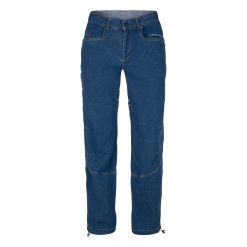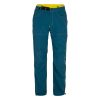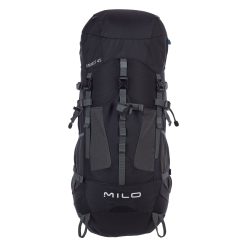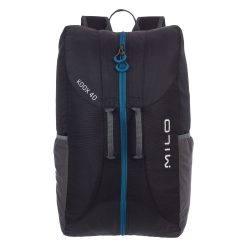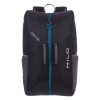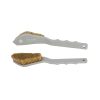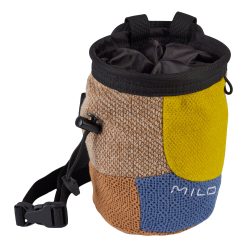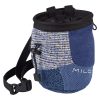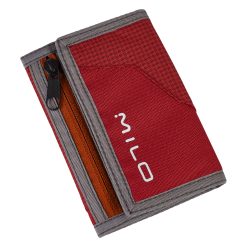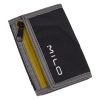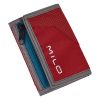cookie policy
Cookie Policy
What are cookies?
Cookies (also known as “ciasteczka” in Polish) are small files that are saved and stored on your computer, tablet, or smartphone while you visit various websites on the internet. A cookie typically contains the name of the website it comes from, the “lifetime” of the cookie (meaning its duration), and a randomly generated unique number used to identify the browser from which the connection to the website is made.
1. In connection with providing the content of the website www.milo.pl, so-called. Cookies, i.e. Information stored by servers on the user’s end device, which servers can read each time the device connects, may also use other technologies with functions similar or identical to cookies. In this document, the information regarding cookies also applies to other similar technologies used within our website. Cookies (commonly known as “ciasteczka”) are computer data, especially text files, which are stored on the end user’s device while visiting the website www.milo.pl.
Cookies typically contain the domain name of the website they originate from, the duration of their storage on the end user’s device, and a unique number.
Cookies are used for the purpose of:
Customize the content of the website pages according to user preferences and optimize the use of the web pages. In particular, these files allow the recognition of the user’s device and the proper display of web pages tailored to their individual needs. Create statistics that help understand how users use the website pages, enabling improvements to the structure and content. Maintain user sessions on the website (after logging in), so that users don’t need to re-enter their login and password on each page. Provide users with more personalized advertising content based on their interests.
3. Within the www.milo.pl website, we may use the following types of cookies:
“Essential” cookies, enabling the use of services available within the website, e.g., authentication cookies used for services requiring authentication within the website, security cookies used for ensuring security, for example, in detecting abuse related to authentication within the website, cookies used for collecting information about the way users use website pages.
“Functional” cookies, enabling the “remembering” of user-selected settings and customization of the user interface, for example: In terms of the selected language or region from which the user originates, font size, appearance of the website, etc.
“Advertising” cookies, enabling the delivery of advertising content more tailored to users’ interests.
4. In many cases, web browsing software (web browser) defaults to allowing the storage of cookies on the user’s end device. Service users can change cookie settings at any time. These settings can be changed, in particular, to block the automatic handling of cookies in the internet browser settings or to be notified of their placement in the user’s device each time on the service website. Detailed information about the options and methods of handling cookies is available in the software settings of your internet browser. Failure to change cookie settings means that they will be stored on the user’s end device, and as a result, we will store information on the user’s end device and access this information.
5.Disabling the use of cookies may cause difficulties in using certain services within our internet platforms, especially those that require logging in. However, disabling the option to accept cookies does not prevent the ability to read or view content posted on the www.milo.pl website, except for content that requires logging in for access.
6.Cookies may be placed on the end device of a user of the www.milo.pl website and then utilized by advertisers, research companies, and multimedia application providers collaborating with the website.
All modern web browsers allow you to enable or disable the cookie mechanism (usually it is enabled by default).
Information about changing cookie settings in specific web browsers is available on the following pages:
IN THE CHROME BROWSER
IN THE FIREFOX BROWSER
IN THE INTERNET EXPLORER BROWSER
IN THE OPERA BROWSER
IN THE SAFARI BROWSER

